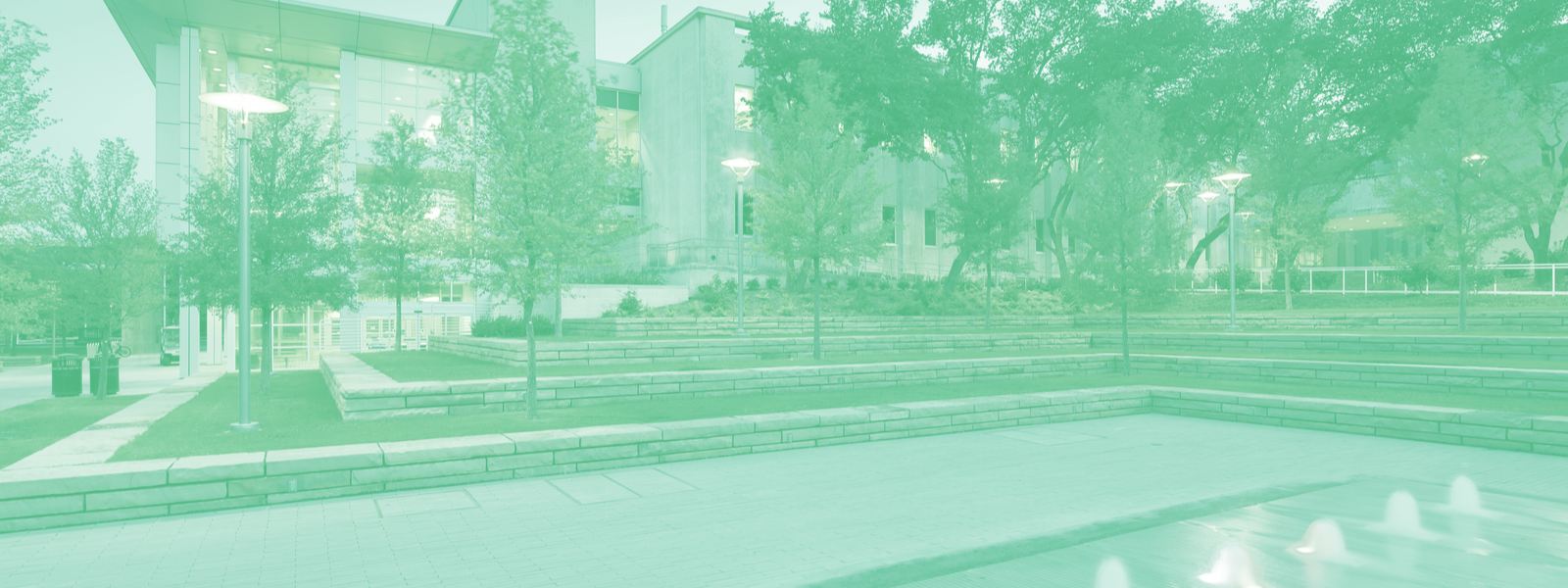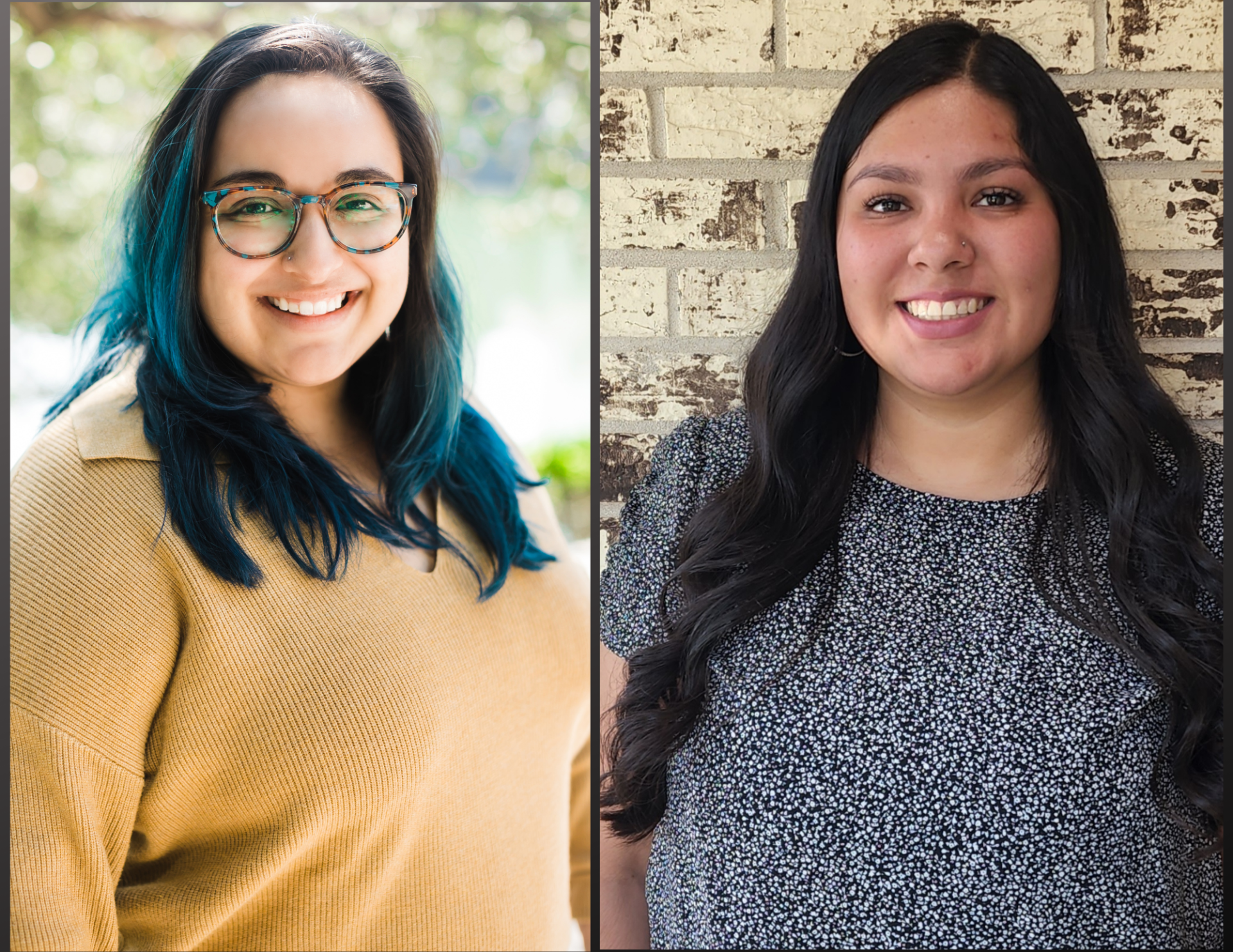
Practicum

The UT Dallas Student Counseling Center (SCC) offers practicum training for current graduate students majoring in counseling or clinical psychology. The practicum program comprises two semesters, beginning in August and concluding in May (fall and spring semesters, consecutively).
The primary emphasis is to provide clinical services and outreach programming to assist university students in achieving the well-being necessary for success. The staff culture at the center is warm and collegial, with a strong commitment in creating a welcoming environment, as well as investment in training and supervision. The SCC values the importance of an open-door policy to afford opportunities for trainees to consult with our multidisciplinary staff, including our psychiatric staff. The center is also home to an APA-accredited doctoral internship in psychology.
UTD Student Counseling Center Mission
The SCC supports the UT Dallas mission to produce engaged graduates who are prepared for life, work and leadership, by providing quality mental health services and developmental programs that contribute to their educational, social and emotional growth. The center also trains graduate students to be future mental health professionals. We are committed to creating a welcoming environment and tailored services that will best serve each student’s needs and ensure the best mental health treatment of each of our students at UTD.
Training Model and Philosophy
The center’s primary training modality is experiential, emphasizing clinical practice and service delivery with the goal of creating ethical and culturally competent generalist mental health practitioners. We follow a developmental approach to training and supervision to facilitate the transition from graduate student to professional psychologist, particularly as we work with trainees at varying stages of development (i.e., beginning/advanced practicum trainees and doctoral interns). Through close relationships with senior staff and supervisors, trainees assume increasing levels of responsibility and autonomy, expanding their professional roles as training progresses.
Training is designed to facilitate trainees’ clinical competence, advancing the continued development of professional/clinical judgment and integrating research and evidence-based practice. Growing clinical knowledge and skills related to identity and intersectionality is integrated into supervision and training, which reflects our commitment to providing a welcome environment and supporting diverse populations of students. Our training philosophy integrates a relational “use of self” model, as we believe that optimal professional development occurs within the context of self-reflection, authenticity and mutual growth. We are also deeply committed to facilitating the integration of personal and professional identities by engaging in supportive yet challenging supervisory and mentoring relationships.
Student Counseling Center’s Commitment to Creating Belonging for All Students
In line with best practices and under the guidelines of our various discipline’s standards of care, the SCC is committed to offering services for all students. Staff within the SCC view diversity as encompassing the intersecting identities that make us unique individuals, including ethnic/racial identity, nationality, sexual identity, gender identity and expression, age, religious/spiritual beliefs, socioeconomic status, body shape/size, disability status and veteran status.
We are committed to creating a welcoming environment and tailored services that will best serve each student’s needs and ensure the best mental health treatment of each of our students at UTD. In our commitment to creating a safe environment, you can expect us to be welcoming and affirming.
In line with the guiding principles and standards of best mental health practice, we commit to diversity competence as a life-long learning process. We support one another in exploring issues of diversity by challenging our biases and engaging in difficult dialogues, to further personal and professional integration. We strive to maintain a mutually respectful and open work environment that nurtures and affirms our unique identities.
Practicum Activities
Services provided by practicum trainees include*:
- Individual therapy
- Initial consultations
- Group therapy/Workshops
- Psychiatric referrals
- Outreach programming
*Though not required, practicum trainees are encouraged and will have opportunities to engage in informal liaisonship and/or consultation.
Typical Week
- Direct service/client contact1:
- Individual counseling: 8-9 hours
- Initial consultation: 1 hour
- Group/Workshop: 1-1.5 hours
- Supervision of group therapy: 0.5 hour
- Individual supervision2: 1 hour (minimum)
- Initial consultation supervision: 0.5 hour (Fall, varies in Spring semester)
- Group supervision/practicum case consultation: 1.5 hours
- Practicum training seminar: 1 hour
- Practicum cohort support time: 0.5 hour
- Administrative: 3-5 hours
- Outreach: varies by week
- Optional space: Staff group consultation: 1 hour
Total = 18-20 hours
1 Direct services hours include provision of individual therapy, group therapy, workshops, initial consultations, and outreach.
2 Individual supervision will be conducted by senior staff in the fall and by doctoral interns who are supervised by licensed psychologists in the spring semester.
Unique Training Environment
UT Dallas is a diverse community and a rapidly growing university of more than 30,000 students. A variety of countries are represented by its international students, who come from more than 100 countries and represent nearly a quarter of the student body. Other information about UTD and our student population:
- Asian American (32%), White (26%), Hispanic/Latinx/Latine (14%), International (17%), African American (5%), two or more races (3%), unknown/other (3%), Native American (0.1%), Native Hawaiian (0.1%)
- Undergraduate: 72%, Graduate: 28%
- Full-time 80%, part-time 20%
- UTD recently launched an Esports program for competitive online gaming.
- UTD is known for having top-ranked programs in STEM, management, liberal arts and social sciences majors.
For more information about the University, visit the UT Dallas Parents and Families webpage.
Application Procedure
Applications are now open for the 2024-2025 training year and are due by 12:00 p.m. (noon) CST on March 8th, 2024.
A complete application includes:
- A cover letter stating your interest in our training program/model at the UT Dallas SCC and the ways the SCC practicum program aligns with your training goals. The letter should also include confirmation of your completion of prerequisite courses including ethics, pre-practicum counseling skills and theories of psychotherapy.
- A curriculum vita (CV) describing educational and employment experiences, including any past clinical experience.
- The names and contact information of three clinical references.
Questions about the practicum program and application materials should be submitted via email to the Practicum Training Coordinator:
Samreen Khondker, Psy.D.
samreen.khondker@utdallas.edu
Upon review of your application and if you are further considered for a practicum position, we will contact you with an invitation for an interview, which will take place in late March.